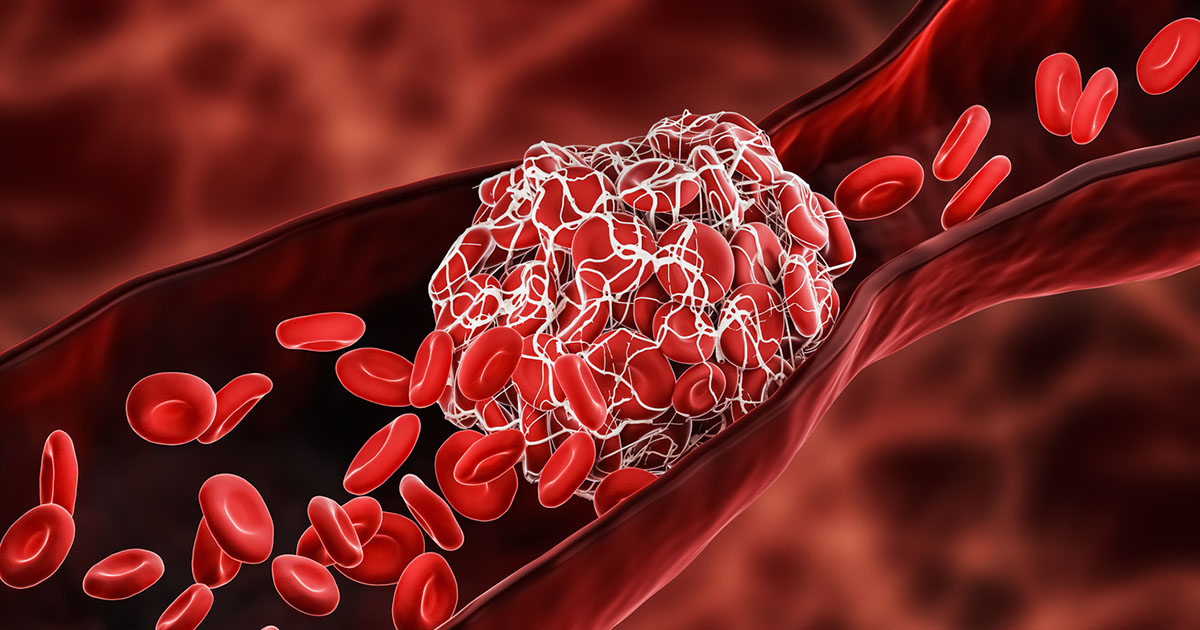When I was at school, my friends and I used to sit around at break-time agonising over what the best car in the world was: Lamborghini or Mini; Ferrari or Range Rover. The question remains: what performs the best regardless of what it looks like? As ever, the answer depends on who you are and what your needs may be at that point in your life.
In some ways, it is the same for a diabetes service. If you are a commissioner, you need a costed service with measurable outcomes that achieve the World Class Commissioning targets, such as local leadership, partnership working and market stimulation (Department of Health [DH], 2009). If you are a patient, you want someone to talk to who has the time to listen and the skills to put a care plan into place, and preferably without having to pay £3 to park. According to the Healthcare Commission (2007) we are not doing very well (Figure 1).
Primary care teams may want a local intermediate care service that supports them to care for people with diabetes in the community. GPs and practice nurses are aware that any good service must look after the disadvantaged and housebound, and needs to include transport and translational services, as well as social care and wellbeing initiatives such as exercise on prescription and cookery demonstrations.
Public health teams would emphasise prevention strategies for schools and workplaces as well as adult awareness programmes. The vascular checks programme (DH, 2008), being implemented by PCTs across the country, is predicted to generate a huge amount of work for primary care teams, but so far, plans for the consequences of the programme do not seem to have materialised.
Secondary care teams may feel the need to insulate themselves from all the changes going on, but children, adolescents and pregnant women will continue to need specialist care. Resources need to be devoted to people with diabetes in hospital for other reasons, whose suboptimal care can lead to delay in discharge and increased morbidity. Not forgetting the provision of resources for ambulance and urgent intervention teams (National Diabetes Support Team, 2008). How many PCTs have the luxury of a dedicated diabetes specialist nurse on-call service, 24 hours a day?
The list of additional components is almost endless. Retinal screening and eye care, foot care, psychology, erectile dysfunction services, end-of-life support. An ideal service should include them all, but the key word here is service; in other words, all the bits need to be accessible and joined up.
So perhaps the best possible service for all people with diabetes is one that allows them to look after themselves. The evaluation of structured education programmes shows that they have the greatest impact on increased confidence in self-care (Davies et al, 2008). Therefore, PCTs should just be responsible for making sure all the components of care are effective and accessible.
So, getting back to the car analogies, the best performer may well be a robust, reliable Skoda, rather than a Lamborghini that looks good but gets stuck on the speed bumps of life.





SURMOUNT-5 trial pits tirzepatide against semaglutide, plus behaviour change support, for weight loss.
15 May 2025